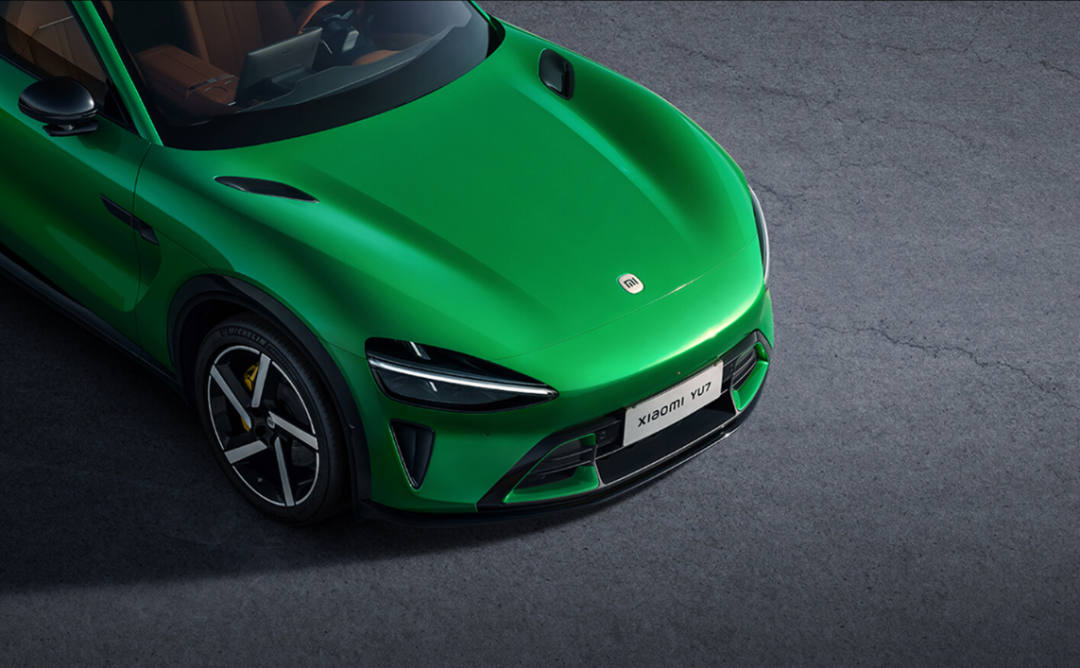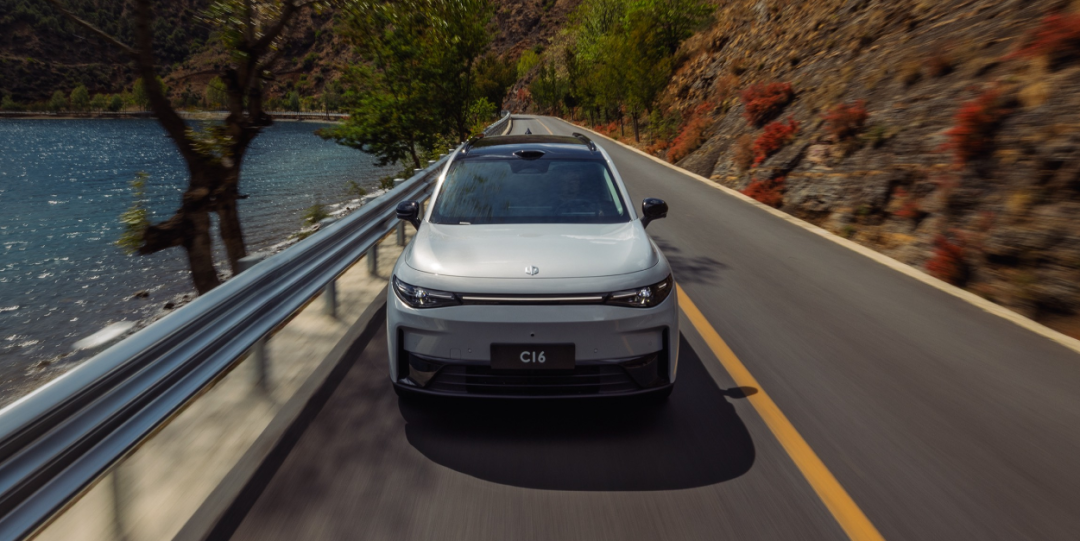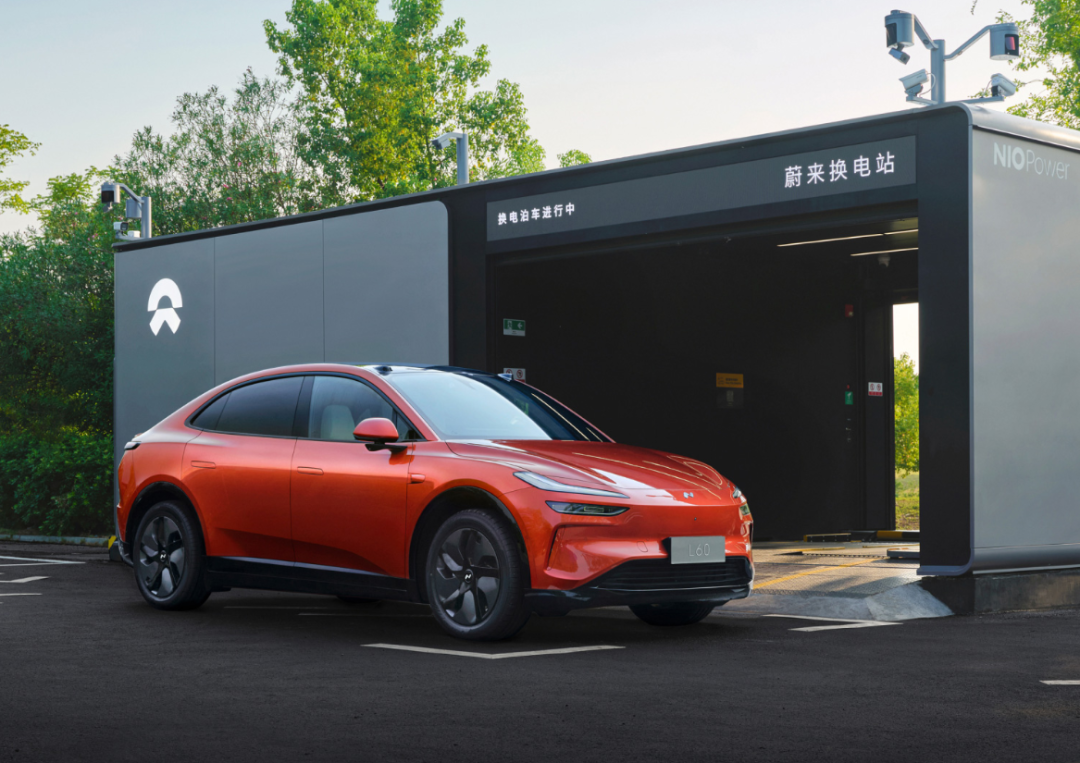Mid-term Exam for New Carmakers: The 'Top Student' Changes Again
![]() 07/08 2025
07/08 2025
![]() 627
627

As July brought the announcement of college entrance exam results and mid-term grades from across the nation, marking a testament to students' diligence, the mid-term report card for China's automotive industry was also unveiled, adhering to schedule.
In the marathon race for new energy vehicles, numerous brands have fallen behind in the first half of this competitive industry.
Among the newcomers, who have always been the most dynamic players in this sector, significant shifts in their rankings have once again been witnessed in the first six months of this year. Leapmotor, which hasn't garnered much attention in the past, has maintained its momentum since last year, achieving a higher growth rate and topping the sales chart for the first half of the year among new carmakers.
For the vast majority of these newcomers, achieving profitability stands as their paramount task ahead.
Change of the 'Top Student'
New carmakers represent a unique presence in China's automotive market.
Years ago, they entered the automotive industry successively, spearheading the rapid transformation of China's automotive industry from traditional fuel vehicles to new energy vehicles.
Despite their diverse backgrounds, advantages, and approaches to entering the industry, there's no denying that they all have a team of 'smart minds' behind them.
In recent years, competition in China's automotive market has been exceedingly fierce, with many new carmakers being eliminated, and some failing to even make it to market.
The new carmakers that have survived thus far all possess their own strengths. Consequently, the true 'top student' among them has yet to be firmly established.
Indeed, with the release of this year's mid-term results, the ranking of new carmakers has undergone significant changes once again.
Li Auto reigned as the sales champion among new carmakers for two consecutive years in 2023 and 2024, but in the first half of this year, it was usurped from the top spot of the sales chart by its peers.
In the first six months of this year, Li Auto delivered a cumulative total of 203,900 vehicles, representing a year-on-year increase of 7.9%. This growth rate isn't particularly impressive among its peers, and there was even a notable year-on-year decline in sales in June.
HarmonyOS Smart Mobility, encompassing Wenjie, Zhijie, Xiangjie, and Zunjie, sold a cumulative total of approximately 204,700 vehicles in the first half of the year, narrowly surpassing Li Auto. However, it's worth noting that Wenjie, as the core of HarmonyOS Smart Mobility, is under considerable sales pressure in this year's competitive environment. According to Thalys' production and sales bulletin, from January to June this year, Thalys Automobiles (primarily Wenjie) sold a cumulative total of 152,200 vehicles, representing a year-on-year decline of 16.63%.

Leapmotor, which hasn't been particularly prominent among new carmakers in the past, has continued to make strides this year, emerging as the brand with the fastest growth rate. In the first half of the year, Leapmotor delivered a cumulative total of 221,700 vehicles, representing a year-on-year increase of 156%, and topping the sales chart for the first half of the year among new carmakers.
The rapid growth in sales has fueled a comprehensive improvement in various operating indicators for Leapmotor. In the first quarter of this year, the company achieved revenue of 10.02 billion yuan, representing a year-on-year increase of 187.1%; the gross margin reached 14.9%, setting a new record high. During the same period, the company's net profit attributable to shareholders was -130 million yuan, which has narrowed significantly compared to the -1.01 billion yuan in the same period last year.
Varying Progress
At the beginning of each year, new carmakers set sales targets for the new year, both to signal to the market and to boost their own morale.
Half of this year has already passed, so how have each of these companies fared in achieving their targets?
In 2024, Leapmotor's sales increased by 103.8% year-on-year to reach 293,700 vehicles. This year, Leapmotor has once again set an ambitious target, aiming for a doubling of sales to between 500,000 and 600,000 vehicles.
Based on a target of 500,000 vehicles, Leapmotor's target completion rate for the first half of this year was approximately 44.3%. If the growth momentum can be sustained, Leapmotor should have no problem achieving its full-year target.
At the end of June, Leapmotor's new model B01 began presales and will start delivery this month. The company now has a total of seven models on sale, providing comprehensive coverage of new energy vehicles priced between 100,000 and 200,000 yuan.
Li Auto's full-year sales target is 640,000 vehicles, with a first-half achievement rate of approximately 32%. This means that to achieve its full-year target, Li Auto needs to deliver an average of more than 70,000 vehicles per month in the second half of the year. In July and September, Li Auto will successively launch two pure electric SUVs, the i8 and i6. Even so, it will be challenging for Li Auto to achieve a historic leap. After all, Li Auto isn't Xiaomi, and Li Xiang isn't Lei Jun.

HarmonyOS Smart Mobility has set the most ambitious target. Although its family of models is large, unfortunately, with the exception of Wenjie, the other 'Jie' models aren't very strong, and their cumulative sales in the first half of the year only accounted for approximately 20.5% of their full-year target of 1 million vehicles.
Among the leading new carmakers, NIO is currently facing relatively difficult challenges. It operates three brands simultaneously: NIO, Ledao, and Firefly, but none of these brands has stood out in the market. In the first half of the year, NIO's brands delivered a cumulative total of 114,200 vehicles, falling far short of its full-year target of 440,000 vehicles.
The only new carmaker that has truly achieved half of its full-year sales target is XPeng. In the first half of this year, it delivered a cumulative total of 197,200 vehicles, representing a year-on-year increase of 279%. Its half-year sales volume has already surpassed its full-year sales volume from last year, achieving 56.3% of its full-year target of 350,000 vehicles. In July, the XPeng G7 was launched, and it has gained considerable market attention, with over 10,000 orders placed within 9 minutes of its launch. By the end of the year, XPeng will also launch the next-generation XPeng P7. The achievement of its full-year sales target is relatively stable.
Xiaomi is a formidable presence in the automotive market, selling 157,400 SU7 vehicles in just six months. At the end of June, Xiaomi launched its second model, the YU7, with over 200,000 orders placed within 3 minutes. The delivery period for some users exceeds 50 weeks, turning the car into a futures product.
Xiaomi's delivery target for 2025 is 350,000 vehicles. With a substantial number of orders in hand, Xiaomi isn't worried about sales. What Xiaomi needs to breakthrough most is its production capacity and delivery capabilities.
Striving to Succeed
Automobile manufacturing is an industry that requires immense capital. Over the past many years, new carmakers have been in the investment phase, with almost all of them incurring collective losses.
NIO, XPeng, Li Auto, and Leapmotor have successively entered the capital market, gaining access to financing platforms and accumulating funds for their respective subsequent development.
Li Auto was the first new carmaker to succeed. The company has achieved profitability for two consecutive years in 2023 and 2024, and it is relatively on a steady footing.
Relying on the robust sales of Wenjie models, especially the M9, Thalys achieved profitability in 2024 after four consecutive years of losses. Since last year, Thalys has invested approximately 30 billion yuan in acquiring intellectual property rights such as the Wenjie trademark, investing in Huawei's Shenzhen Yinwang, and purchasing factories. A series of investment actions are aimed at tightening its ties with Huawei.

Since the beginning of this year, automakers such as NIO, XPeng, and Xiaomi have generally aimed to achieve profitability in the fourth quarter, while Leapmotor plans to achieve profitability for the full year.
Judging from their performance in the first half of the year, Xiaomi, XPeng, and Leapmotor have a greater likelihood of achieving their respective profitability targets, while NIO still faces considerable uncertainty.
With brands such as Geyue and Nezha having fallen by the wayside, there aren't many new carmakers still active in the market. The remaining brands must cross the threshold of comprehensive profitability and achieve positive capital circulation to have a chance to participate in the more brutal competition in the second half.






